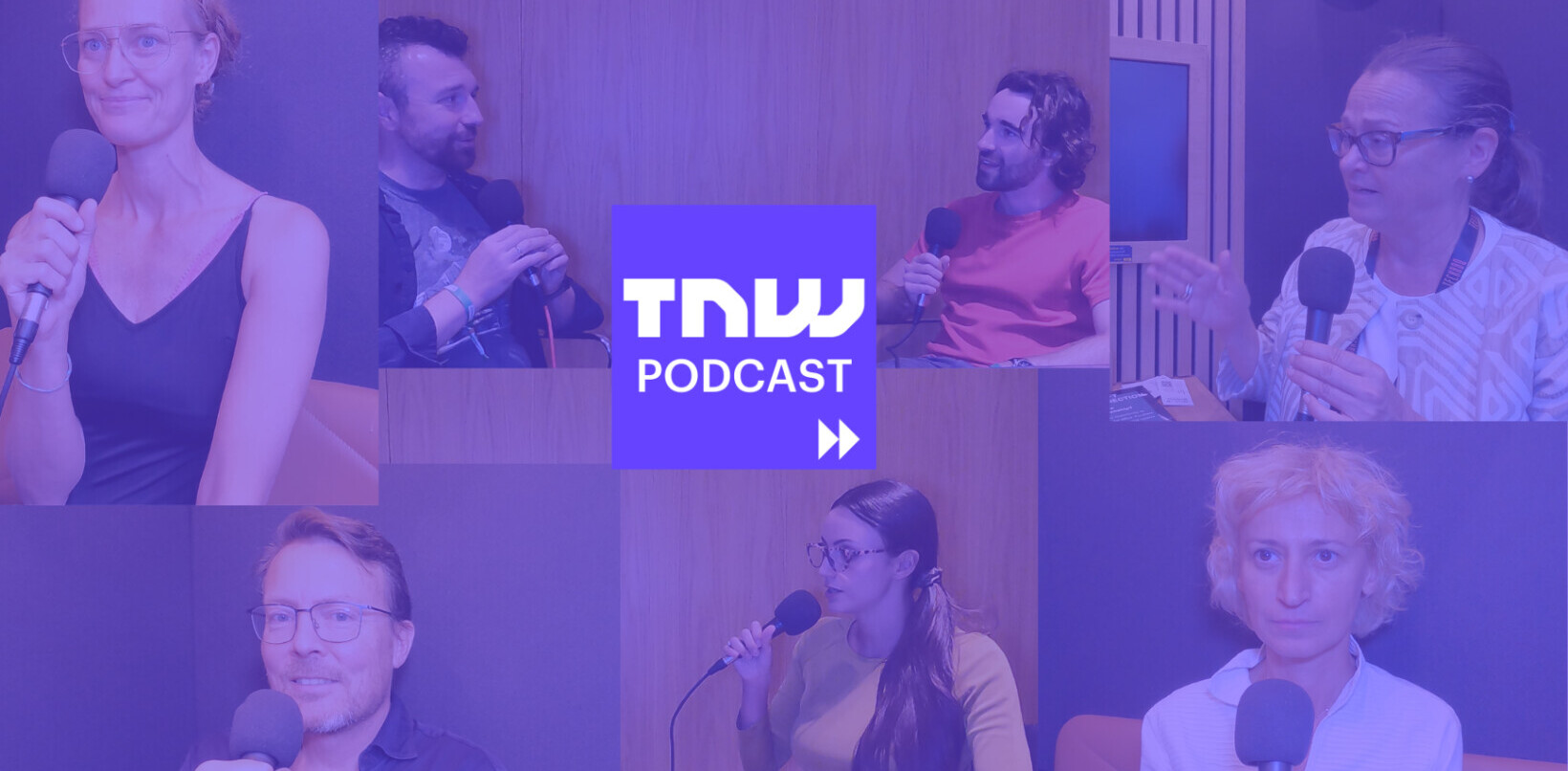
Last night Kevin Rose posted an announcement on the official Digg Blog that the Digg algorithm, responsible for determining if your Digg will reach the front page, has been updated. They continuously work on the algorithm to make sure it is less sensitive to fraud attempts. This means that if the same group of people repeatedly Diggs the same group of URLs these Diggs are considered less valuable then Diggs from random groups of people.
Some people think these changes mean that new Digg members without any friends will have a higher change of getting to the front page of Digg than older members with more friends. This could lead to more fraud attempts using new and fake accounts.
Although that may well happen there is something else to consider. There is both a short and long term benefit to being Dugg. The short term benefit is only achieved if your Digged page becomes popular and makes it to the front page. Then you get an avalanche of random traffic from Digg. This is known as the Digg effect and can crash servers. The benefit of having a couple of thousand random visitors to your server has been disputed many times before. These visitors tend to visit your webpage for about a second or less and never come back. They just want to see what the fuss is all about.
The long term benefit is bigger and undervalued. More and more people start to use alternatives to Google to find stuff on the Web. Michael Arrington has regularly stated that he uses Del.icio.us more than Google to find interesting content. The same goes for Digg. If you look at our visitor stats you see a fair amount of traffic coming from the Digg search engine. These aren’t visitors who notice our posts in the upcoming section of technology but people who search for a certain subject they have genuine interest in, get a bunch of previously Digged pages and pick our URL because it has received maybe 10 Diggs compared to the other URLs that received only one Digg. They come over, read our articles and stick around. That is the kind of traffic we want.
In general, it is better to concentrate on more insightful and thorough articles instead of quick news items. You would think that people try to stay up-to-date on your blog and that old news is forgotten and people only read the newer posts but this is not true. Deborah Schultz recently gave me these numbers based on research she did for 6 apart:
61% of your visits go to posts older than a month
37% of your visits go to posts from this month
12% of your visits go to current news
So if your goal is to get quality visitors you should try to write interesting and timeless articles and not just focus on breaking news. And make sure that people can find your older articles by being well represented in archives at Del.icio.us, Digg en similar sites. The new algorithm makes it harder to get your Digged page to the front page, but so what? The long term benefits far outweigh the short term benefits. My advice; keep digging and don’t worry too much about the front page.
After all, there is a good chance (61%) that by the time you read this it will be old news…
Get the TNW newsletter
Get the most important tech news in your inbox each week.






